Intellectual Property Rights in the Metaverse: Navigating the Virtual Frontier
IIPRD
JUNE 9, 2024
Any physical device that can improve the virtual experience and blend the virtual world with the real world can get a patent, for example, headsets, cameras, haptic gloves, scanning sensors, AR and VR Technology, etc. Trademarks A Trademark can be a mark, symbol, design, color, combination of colors, shapes, etc.

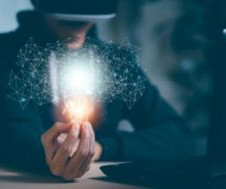

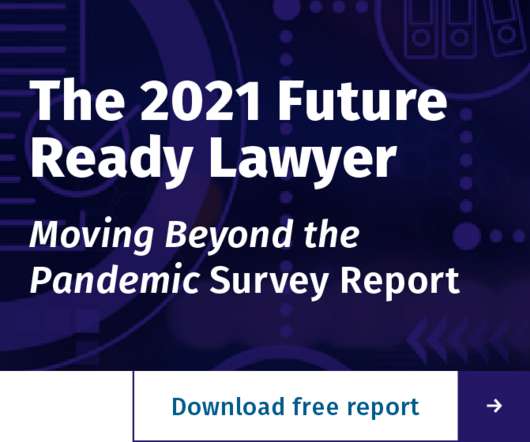
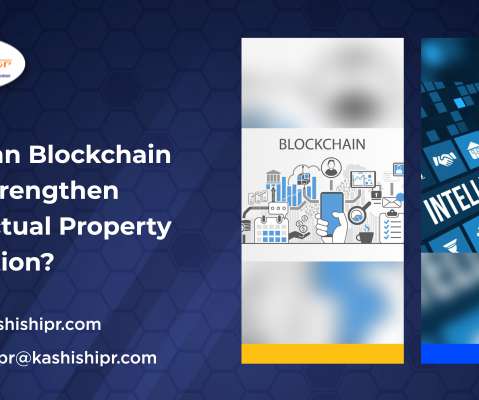
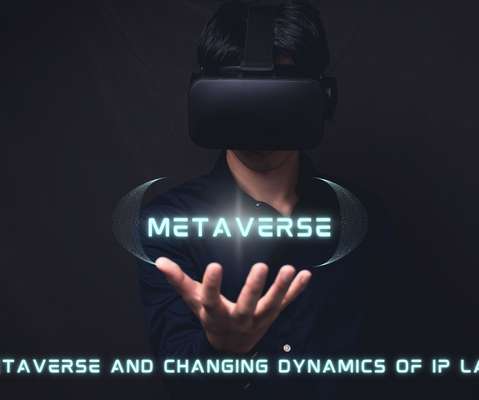
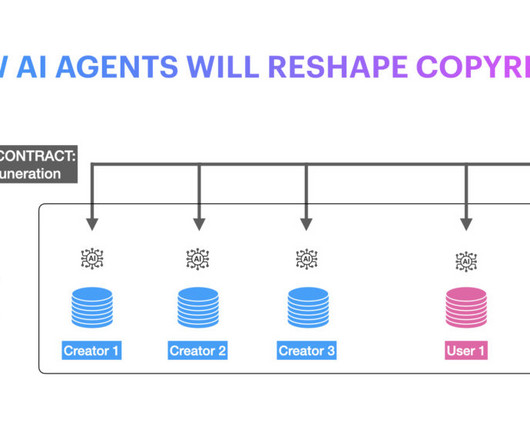






Let's personalize your content